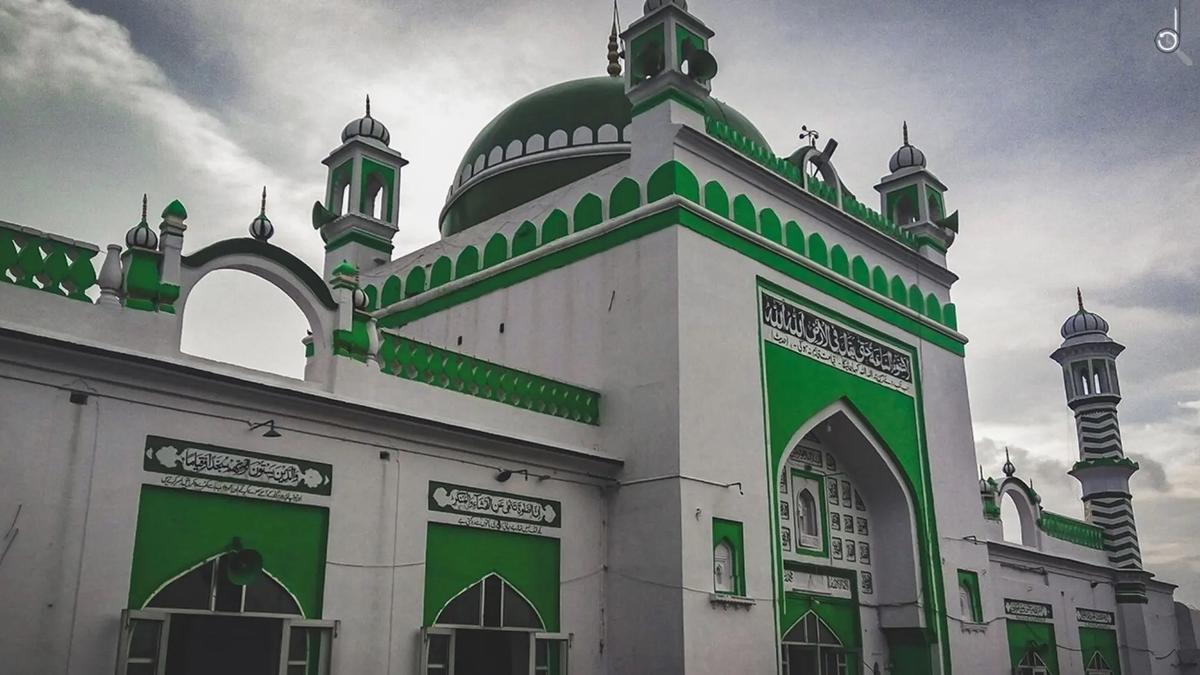Places of Worship (Special Provisions) Act, 1991

- 04 Dec 2024
In News:
The Places of Worship (Special Provisions) Act, 1991, is once again in focus, albeit in a context in which its objectives are being ignored. Civil suits questioning the religious character of mosques at Varanasi and Mathura are progressing apace. These developments show that legislation freezing the status of places of worship is inadequate to stop Hindu claimants from making determined legal efforts to achieve their goal of replacing them with temples.
Places of Worship (Special Provisions) Act, 1991:
- Objective: To preserve the religious character of places of worship as they existed on August 15, 1947, and prevent changes in religious identity.
- Key Provisions:
- Section 3: Prohibits conversion of a place of worship from one religion to another.
- Section 4(1): Ensures the religious character remains unchanged from August 15, 1947.
- Section 4(2): Terminates ongoing or future legal proceedings seeking to alter the religious character of a place of worship.
- Exemptions:
- Ayodhya dispute: Exempted, allowing ongoing litigation.
- Ancient monuments & archaeological sites: Not covered by the Act.
- Already settled disputes or those agreed upon before the Act came into force.
- Penalties: Violators can face up to 3 years of imprisonment or fines.
- Criticism: The Act has been challenged for limiting judicial review, imposing a retrospective cutoff date, and restricting religious rights.
Recent Legal Disputes:
- Gyanvapi Mosque (Varanasi):
- Claim: Hindu worshippers assert the right to worship deities (e.g., Ma Sringar Gauri, Lord Vishweshwar) within the mosque premises.
- Legal Basis: Claim that the mosque was built over an ancient Hindu temple.
- Court's Ruling: The court allows the case to proceed, stating that the aim is to assert worship rights, not change the mosque’s status.
- Archaeological Survey: ASI report confirms the existence of a temple before the mosque’s construction.
- Key Legal Outcome: The Places of Worship Act does not bar these suits as they aim to ascertain the religious character of the site, not alter it.
- Shahi Idgah Mosque (Mathura):
- Claim: Hindu groups assert the mosque was built over Lord Krishna’s birthplace.
- Historical Context: The dispute was settled by a compromise in 1968, which was implemented in 1974, where part of the land was given to the mosque.
- Current Legal Dispute: New suits challenge the 1968 agreement as ‘fraudulent’ and seek the entire land to be transferred to the deity.
- Court's Ruling: The Act is not applicable as the 1968 agreement predates the 1991 Act, and the dispute pertains to the compromise, not the religious character.
- Shahi Jama Masjid (Sambhal, Uttar Pradesh):
- Claim: Allegation that the mosque was built over a Hindu temple (Hari Har Mandir).
- Survey Request: Petitioners seek a survey to verify the site’s historical and religious character.
- Legal Context: The mosque is a protected monument under the Ancient Monuments Preservation Act, 1904.
Key Legal Interpretations:
- Court’s Role: Courts have ruled that the Places of Worship Act does not prohibit suits related to the religious character of a site if they are aimed at determining, not altering, that character.
- Interpretation of ‘Religious Character’: The Allahabad High Court stated that a structure can’t have dual religious character (both Hindu and Muslim), and the religious character of a place must be determined through evidence.
Political and Social Implications:
- Ongoing Controversy: The Gyanvapi and Mathura mosque disputes continue to fuel political and religious debates, as Hindu organizations seek to assert their claims, while mosque committees and Muslim groups resist changes.
- Public and Legal Attention: The legal and political landscape surrounding the Places of Worship Act remains contentious, with several legal suits challenging its applicability.
